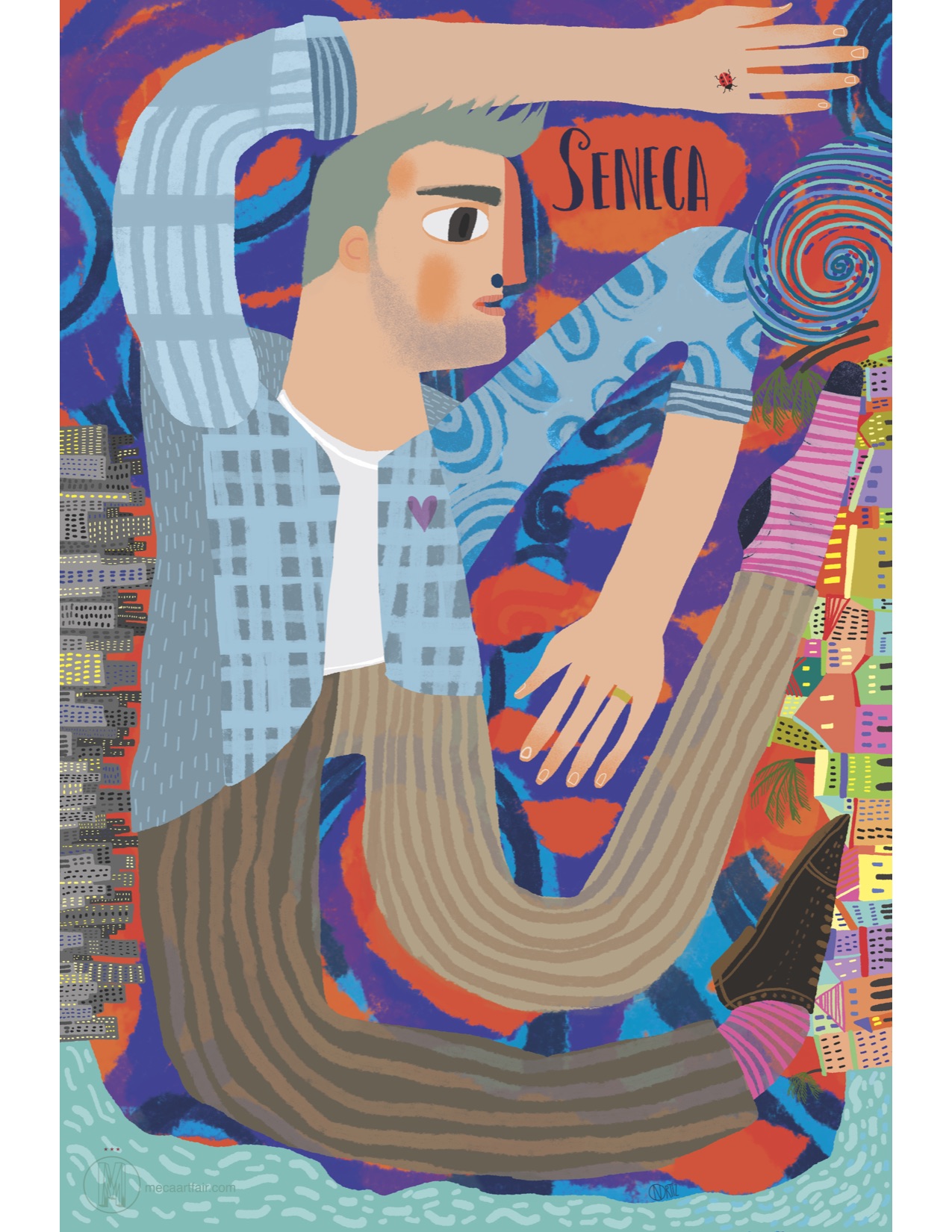04.17.2023 | By Jack Rico |
“I need to unplug.” This familiar phrase often escapes our lips when we feel stressed or overwhelmed after a mentally taxing day. A considerable number of the 176 million employed or self-employed Americans find solace in zoning out in front of their TV or digital screens. Entire industries have emerged and evolved to satisfy this craving for escapism. Intriguingly, instead of choosing intellectually stimulating dramas like AppleTV+’s ‘Severance’ or classics like HBO’s ‘The Wire,’ many gravitate towards “bad” television shows such as ‘Emily in Paris’ or the panned and now-canceled ‘Sex/Life’. What compels us to intentionally seek out “bad” TV shows, and why does watching them feel as comforting as snuggling by a warm fireplace on a chilly day?
Defining “Bad” Television: A Personal Perspective
“First, who’s really defining bad TV?” asks Jackie Hernández, my wife, business partner, and founder and CEO of New Majority Ready, a marketing and content boutique agency that works with high-stakes clients in high-stakes environments. “When you’ve been struggling with a puzzle, a life problem, or something at work that required deep concentration, it’s nice to lean back and watch something enjoyable and escapist to recharge.”
She is not wrong. A scientific study conducted in 2011 discovered that the average person processes the equivalent of 174 newspapers’ worth of information each day. With so much information flooding our senses, one wonders how much of it actually sinks in and shapes our minds. Add to that, recent research confirms our collective stress levels remain at historic highs since the pandemic. After hearing all of that, the notion of indulging in some “bad TV” seems quite tempting, like a needed reset button for your brain.
Revisiting Jackie’s question— what defines “bad TV”? Surprisingly, there’s no universal or objective dictionary definition. Instead, it’s a personal and subjective matter based on individual tastes. According to a 2014 research study, people label TV shows as “bad” if they perceive lazy writing, cringe-worthy acting, implausible storylines, and an overall lack of artistic merit.
The Hidden Costs of Excessive TV Consumption
Counterintuitively, watching “bad” TV shows provides real cognitive and emotional benefits for many. Television stimulates alpha waves in the brain, promoting relaxation, releasing endorphins, and activating reward centers. Familiar shows provide comfort, comedies elevate mood, and binge-watching fulfills social connection needs. For many, “bad TV” serves as a sanctuary that rejuvenates their weary souls.
However, in an interview with Vice News, a study by Ryan Dougherty, a postdoctoral fellow at the Johns Hopkins Bloomberg School of Public Health, found that excessive TV viewing could shrink the brain. The study revealed that people who watched 1.5 hours more TV per day than their peers throughout mid-to-late adulthood experienced a 0.5% reduction in brain volume.
This potential brain shrinkage, while seemingly small, can have long-term consequences, especially when you consider that binge-watching often goes hand in hand with a sedentary lifestyle. It’s not just about losing some cognitive function either—watching too much TV has been linked to a higher risk of obesity, heart problems, and even a shorter life. As the old adage goes, too much of a good thing can, in fact, be bad.
Finding Balance: Alternatives to “Bad” TV Viewing
The seduction of mindless entertainment is not a new phenomenon, but the key, as with most things in life, is moderation. For many viewers, bad TV serves as a form of escapism and often serves as a shared cultural experience. Shows like “The Bachelor” or “Keeping Up with the Kardashians” have become cultural touchstones, sparking conversation and debate among friends, family, and coworkers. In a world where people are increasingly isolated, these shared cultural experiences can help foster a sense of community and connection.
So, next time you find yourself reaching for the remote after a long day, consider mixing it up. Watch an episode or two of your favorite “bad” TV show and then switch it up to more stimulating activities like taking a long walk, recording a podcast, visiting a bookstore, or catching up with a friend. You can savor the guilty pleasure of “bad” TV while still cultivating a more balanced and meaningful lifestyle. After all, while the warmth of a fireplace is indeed soothing, we wouldn’t want to spend all our time basking in its glow.





























